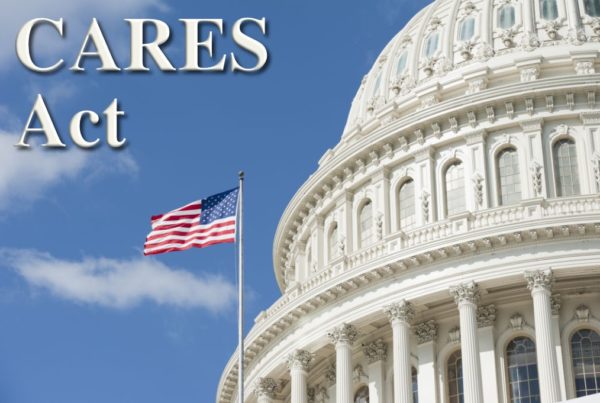The use of stem cells in scientific research and clinical application has been a “hot button” topic since Molly the Sheep was born of genetic cloning July 5th, 1996. Since then we have seen the field of genetics and stem cell therapy drastically expand worldwide. We have seen presidential policy restrict the research and application of stem cells during President George W. Bush’s administration, and conversely, expand access to it under the 21st Century Cures Act which was signed into law by President Obama.

A specific part of that act addresses regenerative medicine and biologics, including stem cells, as follows:
“As described in Section 3033 of the 21st Century Cures Act, a drug is eligible for regenerative medicine advanced therapy (RMAT) designation if:
- The drug is a regenerative medicine therapy, which is defined as a cell therapy, therapeutic tissue engineering product, human cell and tissue product, or any combination product using such therapies or products, except for those regulated solely under Section 361 of the Public Health Service Act and part 1271 of Title 21, Code of Federal Regulations;
- The drug is intended to treat, modify, reverse, or cure a serious or life-threatening disease or condition; and
- Preliminary clinical evidence indicates that the drug has the potential to address unmet medical needs for such disease or condition” ¹
While Federal legislative policy has moved to “fast track” applications of new biologic drugs, some states have taken further action to increase access to existing cellular biologics and stem cell therapy for patients within the United States. Leading the charge is the state of Texas with HB 810 also known as “Charlie’s Law” ², after Texas State Representative Charlie Howard.
This new law will allow increased access to adult stem cell therapies for patients suffering from life-threatening or terminal illnesses. This process is also known as a “right-to-try” law and allows patients to make their own medical decisions as it relates to investigative or experimental treatments, drugs, and therapies despite whether they are FDA approved or not. In our increasing digital society where access to information is so easy laws like this simply make sense. You can easily visit www.webMD.com, PubMed , and other open access resources to educate oneself on medical conditions, treatments, and technology to make more informed choices as a healthcare consumer.

Why should a US Citizen be restricted from access to new forms of care when existing measures may have failed them? Texas seems to agree with the common-sense logic that they should not be denied.
Application of stem cell therapy is not new or unknown, the clinical literature supports its effectiveness in various applications. The US National Library of Medicine, National Institutes of Health, currently has published over fifty-two thousand clinical research studies as they pertain to the application of mesenchymal stem cells alone.
Among them, Stem Cell therapy in musculoskeletal applications has been proven highly effective in clinical research and practice. One of the leading indicators is for the treatment of Osteoarthritis of the Knee, which has been proven effective in multiple clinical research studies, including this recent article published in The Journal of Arthroscopic and Related Surgery.
In addition to the clinical literature, utilizing our advanced clinical application techniques, Integrative Practice Solutions, LLC (www.integrativepracticesolutions.com) has taught hundreds of physician’s nationwide how to apply stem cell therapy, platelet-rich-plasma (PRP), and other regenerative tissue therapy techniques in ethical and effective fashion yielding tremendous clinical outcomes.
One example is the case from an 88 year-old male patient suffering from Osteoarthritis of the knee. The protocol of blending platelet rich plasma and stem cell in two knee injections, two months apart, netted extraordinarily positive results by the third month.

Use in auto-immune diseases, cardiac, respiratory, and neurological applications show great promise in early-stage clinical trials. Yet, domestically the FDA has continued to restrict this safe and proven biological treatment. That said, the over-regulation of stem cells and other biologic therapies may finally be coming to an end as public opinion increasingly supports demand to access of care, states like Texas are both listening and taking action!
REFERENCE
1. FDA.gov-21st Century Cures Act
2. The Scientist-Article: Texas Stem Cell Law Opens Door for Controversial Treatments

Lance Liberti
CEO-Integrative Practice Solutions
About the Author:
Lance Liberti is a nationally recognized healthcare consultant and new patient marketing professional with more than a decade of practical experience in the field. His experience spans multiple areas of practice including non-surgical spinal decompression, medically supervised weight loss, aesthetic medicine, and non-operative extremity pain management. The president and CEO of Integrative Practice Solutions, LLC Mr. Liberti specializes in assisting health and wellness professionals integrate boutique medical services into their practices to offer non-surgical solutions to those suffering from various degenerative musculoskeletal conditions. To learn more about Mr. Liberti’s extensive experience and see examples of his work products view his LinkedIn profile or visit www.integrativepracticesolutions.com
NOTE: No portion of this article is to be construed as medical or legal advice. This article including: text, images, audio, or other formats were created for informational purposes only. This article is not intended to be a substitute for professional medical advice, diagnosis, or treatment. Always seek the advice of your physician or other qualified health provider with any questions you may have regarding a medical condition. Never disregard professional medical advice or delay in seeking it because of something you have read on this website.




